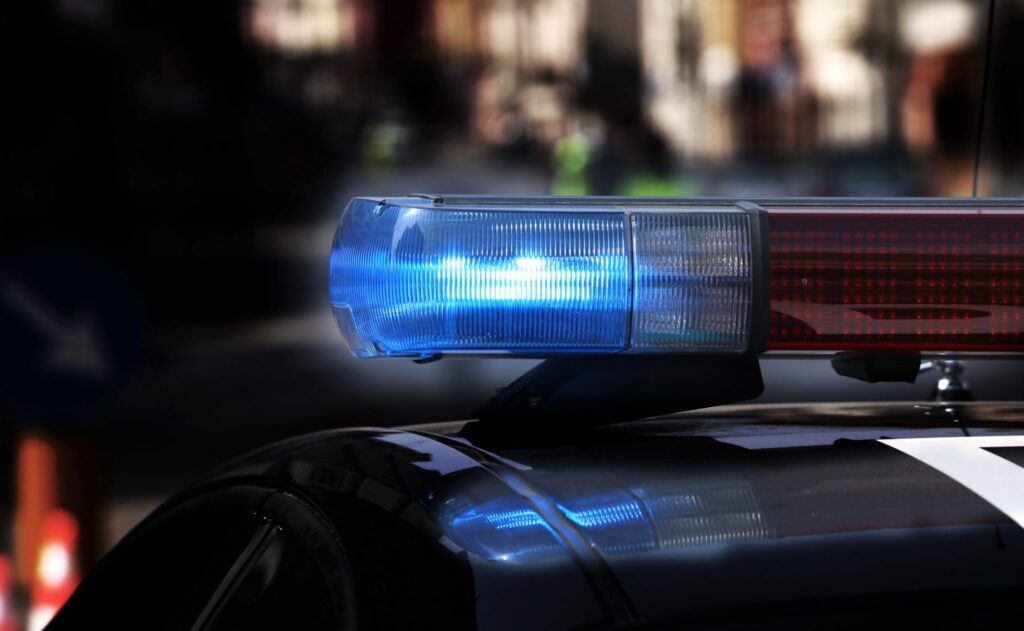In recent blog posts, we’ve been discussing what constitutes a “seizure” under the Fourth Amendment. If police “seize” you and that seizure turns out to be unreasonable, then the exclusionary rule applies and any evidence obtained from that seizure can’t be used against you at trial. Unfortunately, whether there has been a “seizure” is not always clear, in large part because there’s a whole spectrum of police detentions that can occur in a variety of different situations.
Over the course of decades of court rulings, though, some police detentions have decidedly become “seizures” under the Fourth Amendment, such as when police use deadly force on a suspect, or when police move a suspect, against his or her will, to the police station for questioning. Another definitive seizure, though, is when police make certain kinds of traffic stops, including roadblocks and sobriety checkpoints.
Police Roadblocks are Seizures Under the Fourth Amendment
When police are pursuing a suspect in a car chase, they frequently funnel them into a chokepoint where other police officers are prepared to make the stop. In some high speed chases, though, this can lead to a devastating car accident if the suspect tries breaking through.
The Supreme Court of the United States, in the 1989 case Brower v. County of Inyo, decided that this police tactic constituted a “seizure” under the Fourth Amendment, if the suspect collided with the police cars forming the roadblock. This was because such roadblocks are “designed to produce a stop by physical impact if voluntary compliance does not occur,” a show of police authority that is the essence of a Fourth Amendment seizure.
Sobriety Checkpoints are Also Fourth Amendment Seizures
Similarly, sobriety checkpoints are also seizures under the Fourth Amendment because they involve police showing their authority and detaining drivers so they can search for evidence of operating under the influence (OUI). However, the Supreme Court, in the case Michigan Department of State Police v. Sitz, decided that these seizures were nevertheless “reasonable” – and therefore permissible under the Fourth Amendment of the U.S. Constitution – because of the importance of keeping roads free of drunk drivers.
However, this is where the legality of sobriety checkpoints gets complicated. Several state supreme courts have disagreed with the U.S. Supreme Court, and utilized their state constitutions to provide more extensive protections than the U.S. Fourth Amendment by making sobriety checkpoints “unreasonable” seizures, and therefore illegal in their state.
Maine Criminal and OUI-Defense Attorney Can Help
Unfortunately, while roadblocks and sobriety checkpoint are universally acknowledged as “seizures” under the Fourth Amendment, Maine is not one of the states that have deemed sobriety checkpoints to be “unreasonable” under its state constitution.
If you’ve been apprehended by police, you still have rights that need to be protected. Contact the law office of William T. Bly, a criminal defense and OUI-defense attorney in the state of Maine. Call his law office at (207) 571-8146 or contact him online.


